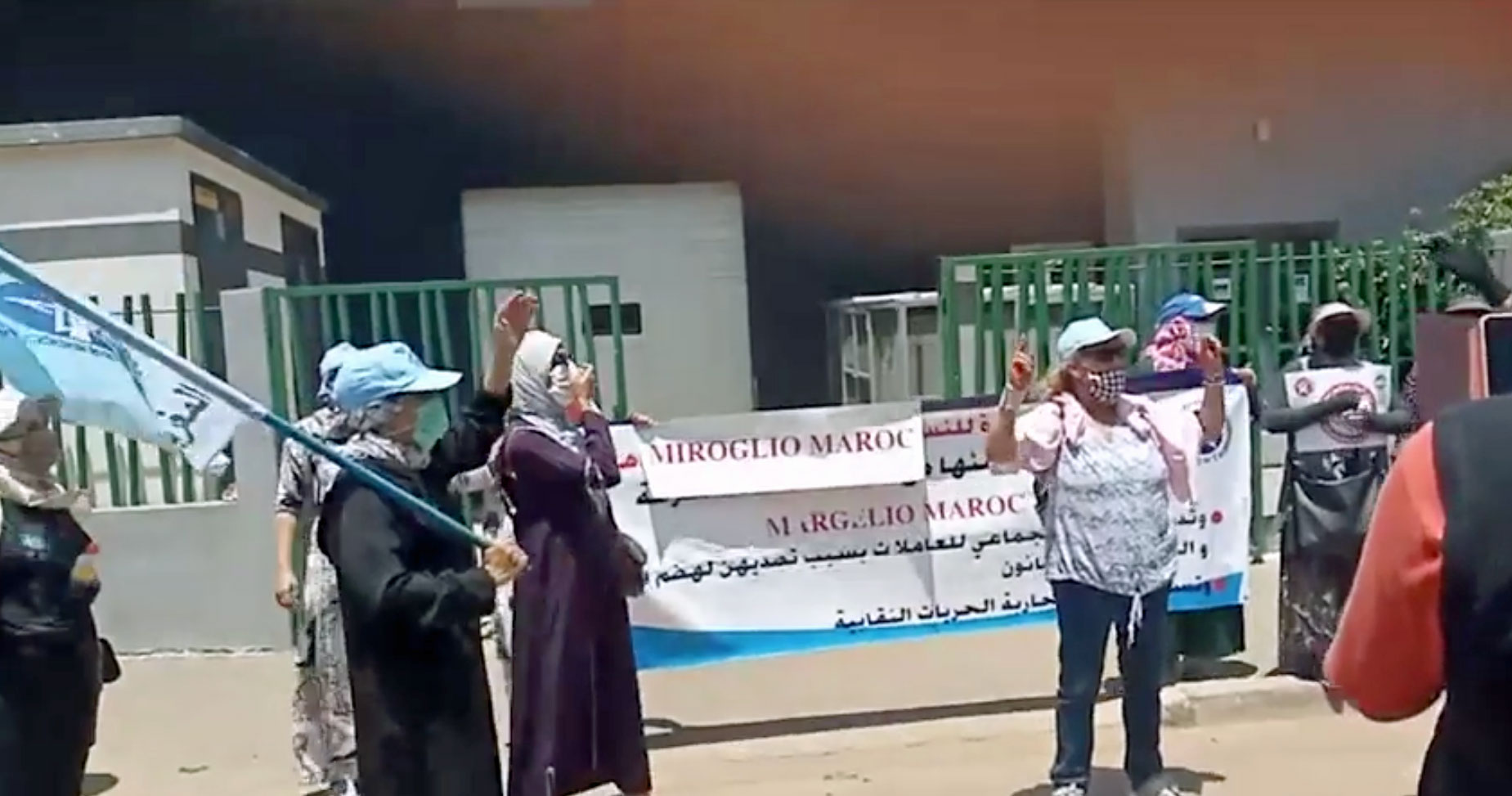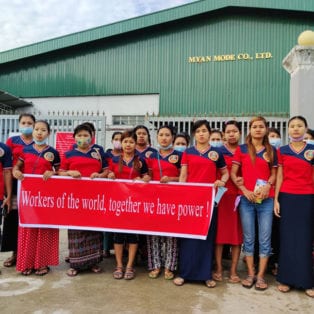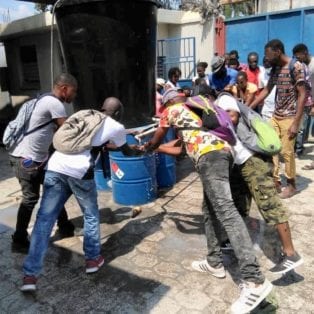Garment workers at the Miroglio Maroc factory are standing strong with 14 co-workers who they say were fired for speaking out against the lack of sufficient safety gear and other protective measures at the workplace during the novel coronavirus pandemic. Three workers...
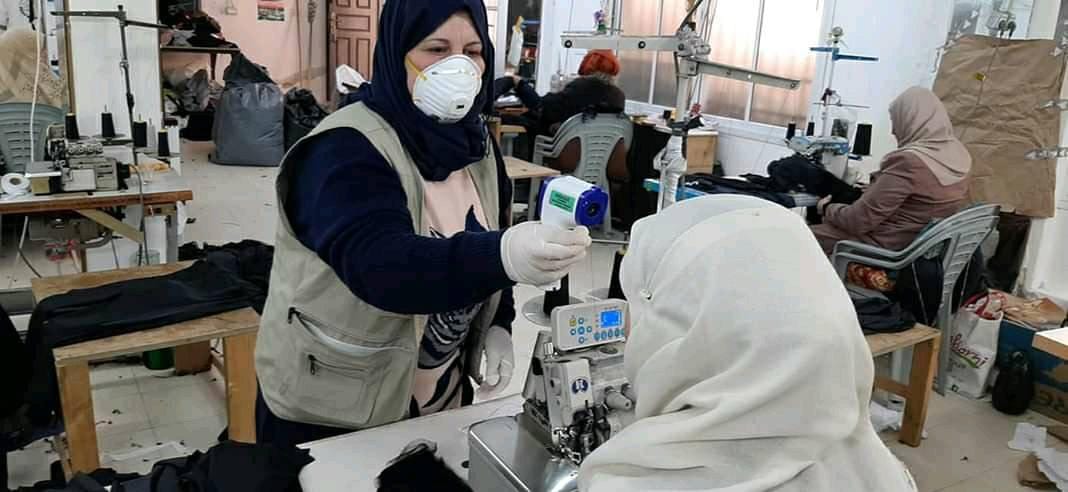
During the COVID-19 pandemic, members of the Palestinian General Federation of Trade Unions, a Solidarity Center partner, tested workers for fever. Credit: PGFTU
Each year, more than 2 million workers die on the job—more than 6,000 a day worldwide. Hundreds of millions more workers a year suffer from non-fatal job-related accidents and illnesses.
The global coronavirus pandemic highlighted and exacerbated the vast inequities facing working people as many risked exposure to the virus without protective safety equipment, tending to sick patients, staffing grocery stores and driving public transport.
In partnership with the Solidarity Center, unions negotiated stepped-up protections and improved wages for workers who risked their lives on the front lines of the crisis, and supported unions as they worked with governments and employers to ensure those furloughed or laid off during the pandemic received wages and social protections such as access to food distribution and unemployment compensation.
Around the world, the Solidarity Center supports networks of unions that are pushing for workplace health and safety measures, such as in Serbia, where unions created a national network of trade union activists to improve workplace safety and health monitoring, and bargain collectively with employers to expand such protections for all workers, regardless of whether they are union members.
On April 28, workers and worker rights activists like the Solidarity Center observe World Day for Safety and Health at Work, an annual day of remembrance for workers who died or were injured on the job and a day to renew the struggle for decent work—family-supporting wages, sick leave and other benefits and safe and healthy working conditions.
Myanmar Garment Workers Stand Strong, Win New Pact
Workers at the Myan Mode garment factory in Myanmar (Burma) are celebrating the return to the job of many recently fired union members. Following a two-month fight against the factory’s attempt to use COVID-19 to destroy their union, they won an agreement May 30 that...
Back at Work, Haiti Garment Workers Risk COVID-19
As garment factories in Haiti begin reopening after shuttering for up to four weeks to prevent spread of the novel coronavirus, workers risk exposure during their crowded work commutes and at factories, while most have not received the wages they were promised during...
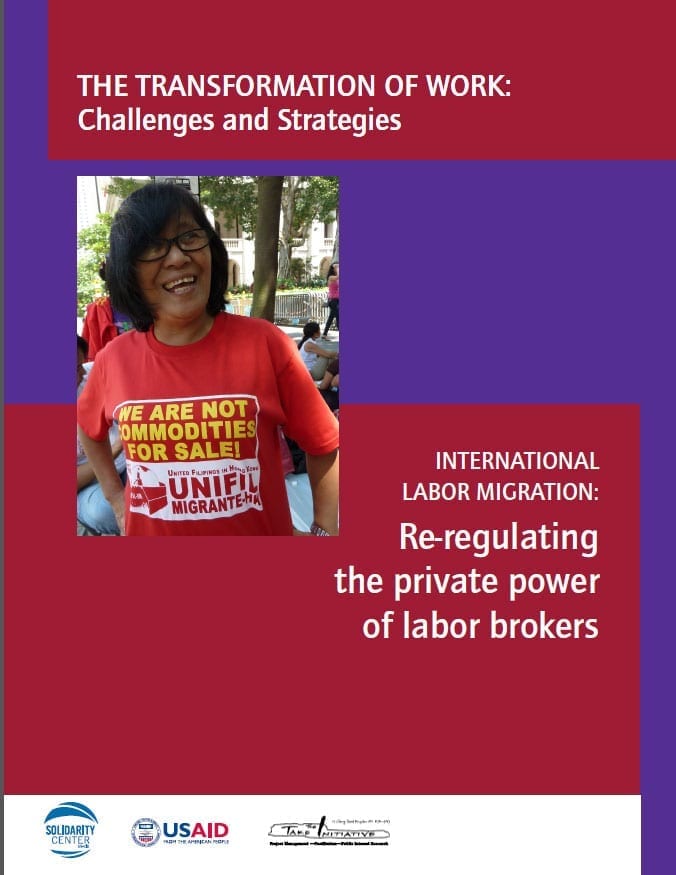
International Labor Migration: Re-regulating the Private Power of Labor Brokers (2015)
In this review of initiatives to regulate labor brokers, the authors find that state and civil society efforts to address migrant worker exploitation point to potential new policies, most effectively led by state-backed regulatory frameworks. Download here.
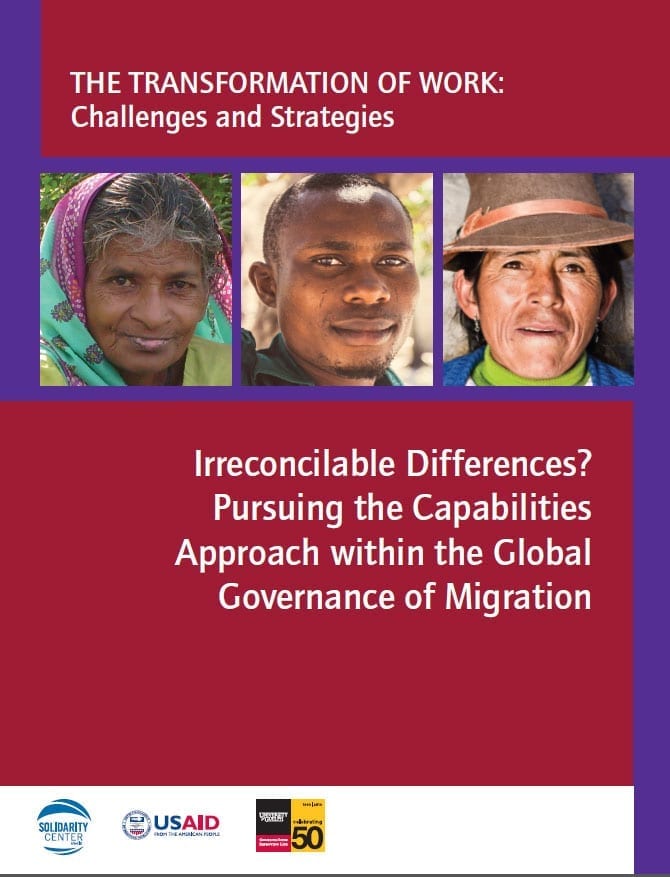
Irreconciliable Differences? Pursuing the Capabilities Approach within the Global Governance of Migration (2014)
This report on global labor migration challenges the current “triple win” paradigm in global migration policy through a worker rights lens, and argues that when applying the now-accepted "capabilities" approach, the international development community must focus on...
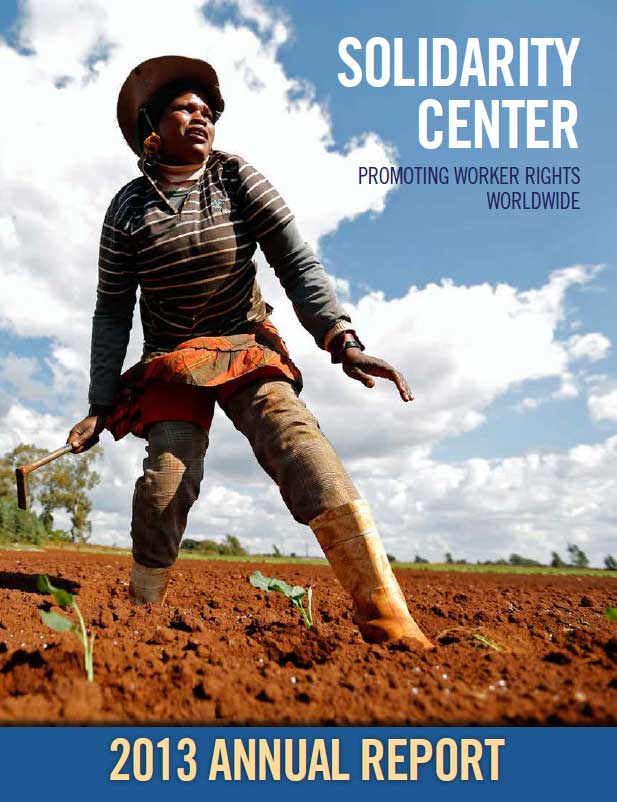
Solidarity Center 2013 Annual Report
Download here.
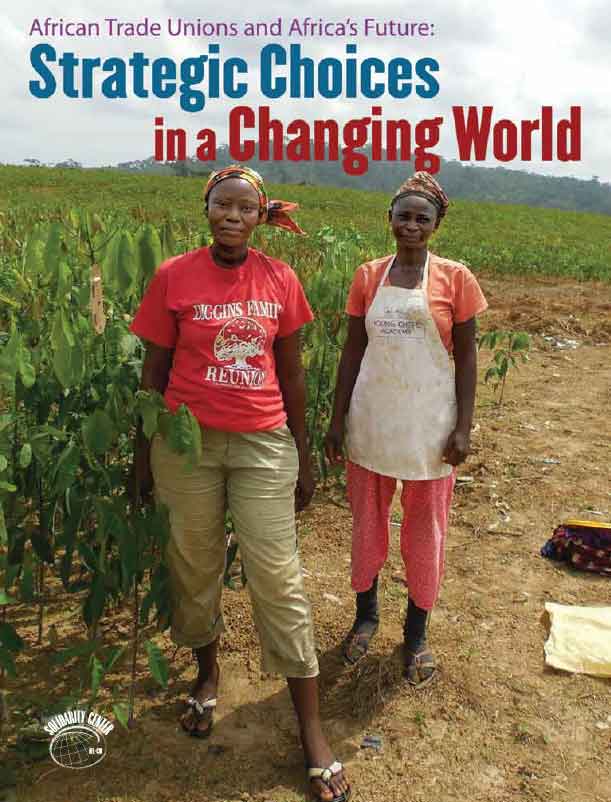
Africa Trade Unions and Africa’s Future: Strategic Choices in a Changing World (2014)
Download here.
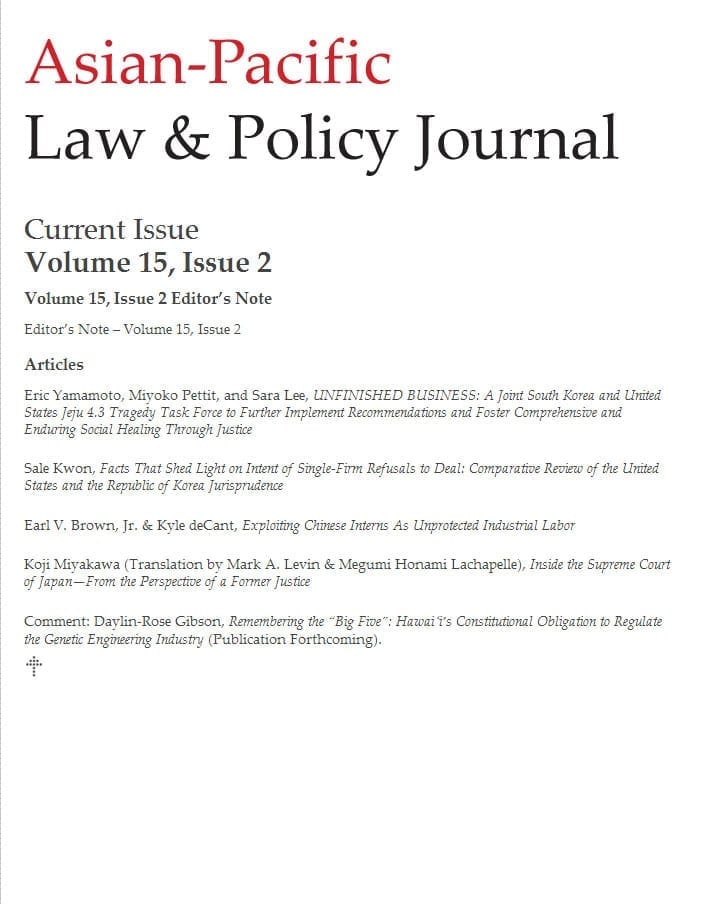
Exploiting Chinese Interns as Unprotected Industrial Labor (June 2014)
Earl V. Brown, Jr. & Kyle A. deCant Solidarity Center Labor and Employment Counsel Earl Brown and co-author Kyle deCant examine the legal issues surrounding the growing numbers of China's industrial interns, the latest class of “cheap” labor to be deployed in...
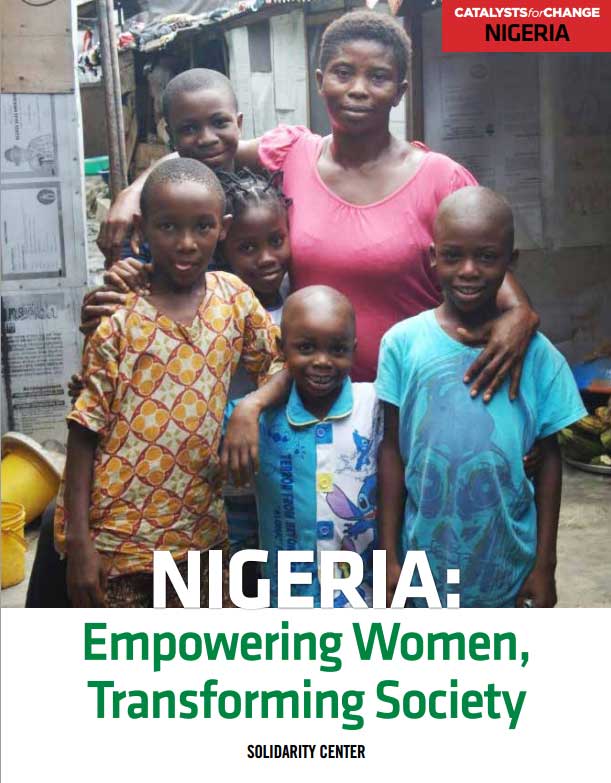
NIGERIA: Empowering Women, Transforming Society (2014)
A unique grassroots coalition based in the Niger Delta, working with unions and other local non-governmental organizations, is providing a platform for women and young people to effectively engage in the democratic political process, hold local lawmakers accountable...

